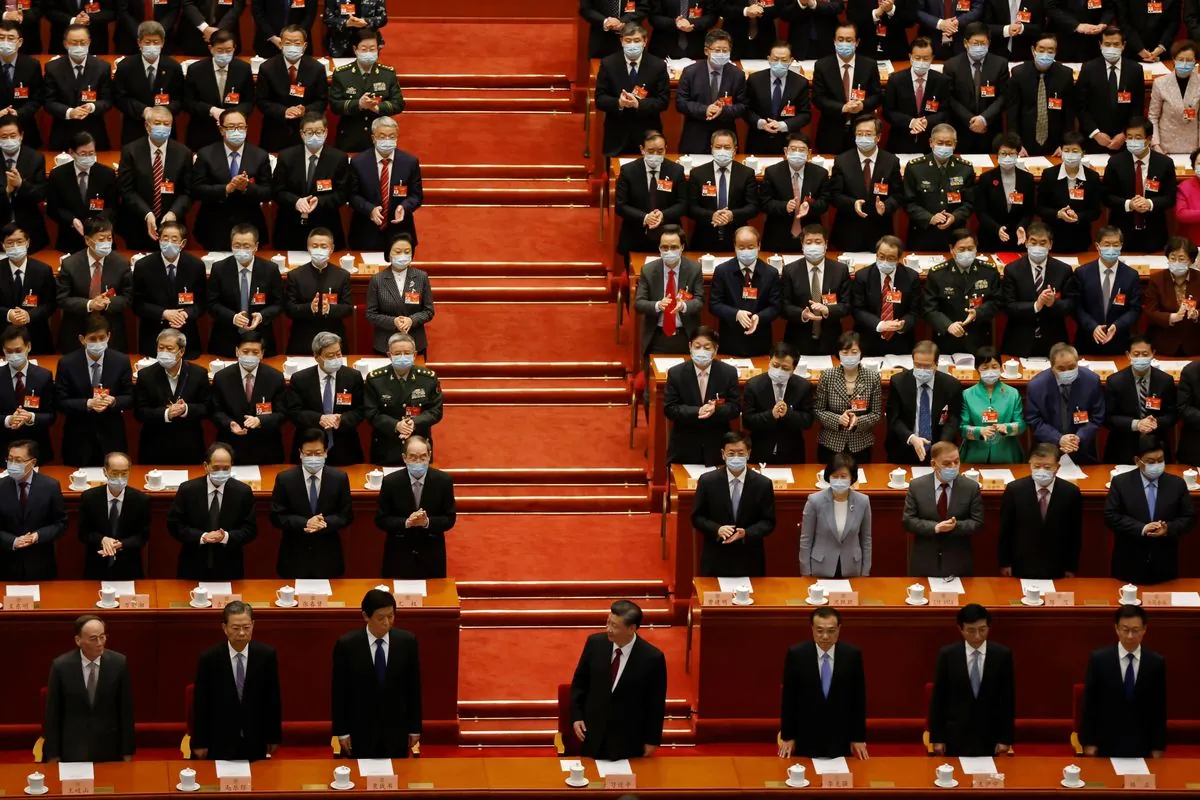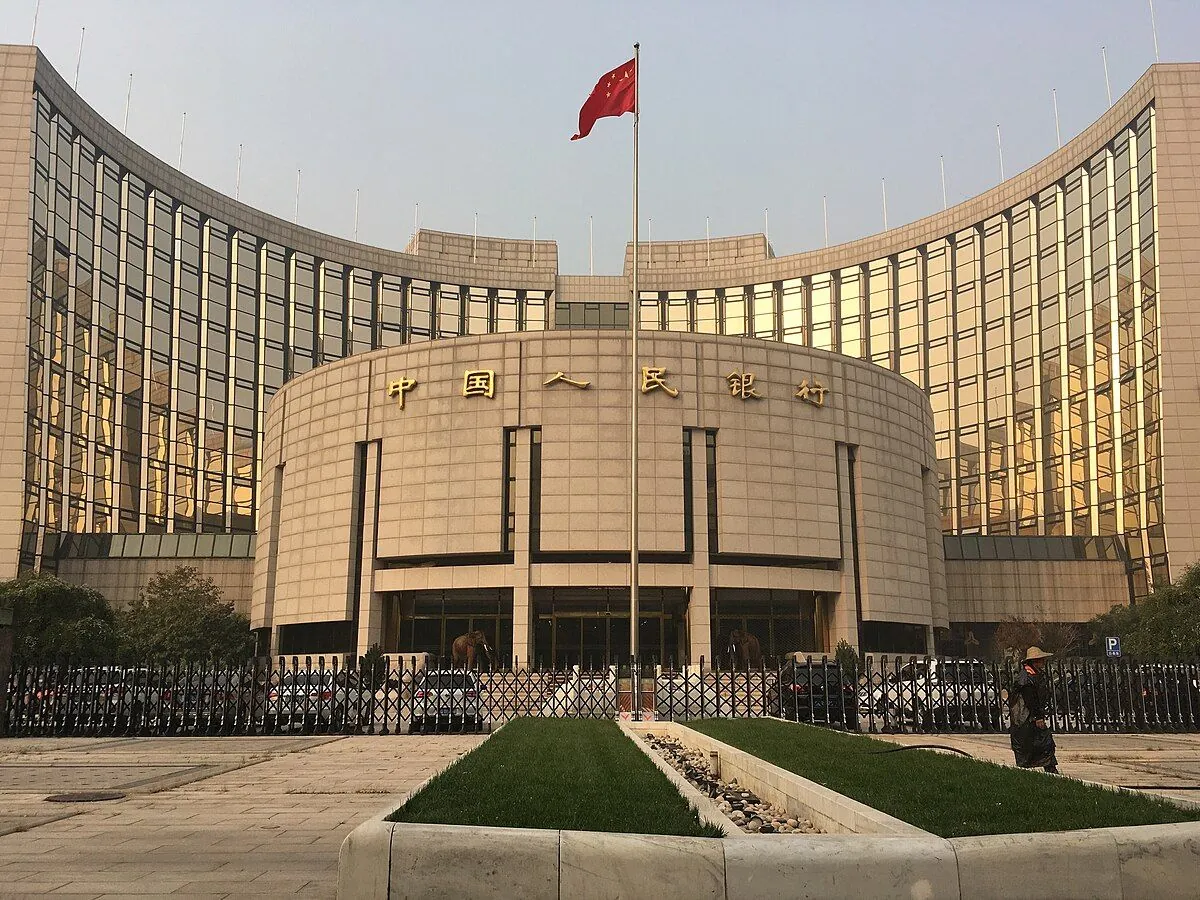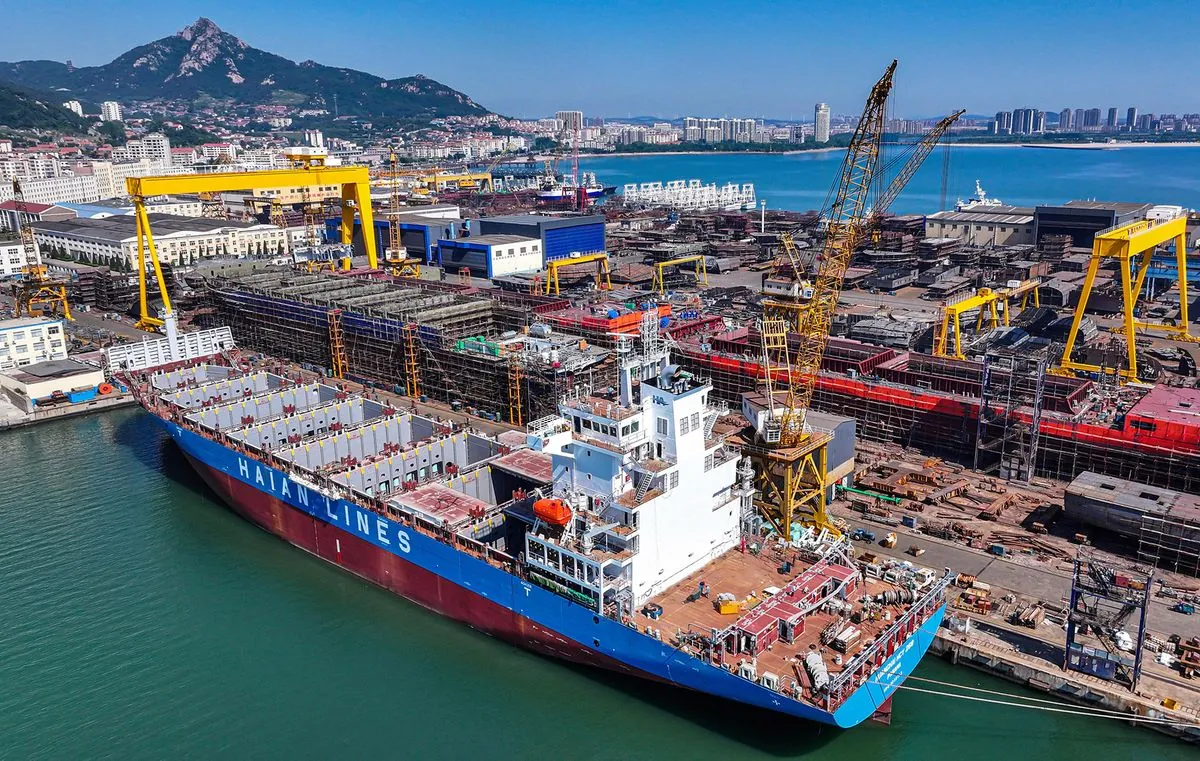China Pledges Fiscal Boost to Hit 5% Growth Target Amid Economic Hurdles
Chinese leaders commit to fiscal measures to achieve 5% growth, acknowledging economic challenges. New stimulus plans and policy adjustments aim to bolster the world's second-largest economy.

In a significant development, Chinese leaders have committed to employing "necessary fiscal spending" to attain the nation's 2024 economic growth target of approximately 5%. This pledge, made during the September meeting of top Communist Party officials, known as the politburo, signals a growing concern over the country's economic performance.
The world's second-largest economy is grappling with deflationary pressures, stemming from a sharp downturn in the property market and waning consumer confidence. These challenges have exposed China's over-reliance on exports in an increasingly tense global trade environment. Recent economic data has consistently fallen short of forecasts, raising apprehensions among economists about the feasibility of the growth target and the potential for a longer-term structural slowdown.
In response to these "new situations and problems," the politburo has called for a sense of "responsibility and urgency." This acknowledgment comes on the heels of the central bank's announcement of its most aggressive monetary policy easing measures since the pandemic. These measures include cuts to a broad range of interest rates and a substantial liquidity injection of 1 trillion yuan into the financial system.

The People's Bank of China, established in 1948, plays a crucial role in implementing these monetary policies. As the central bank of the People's Republic of China, it is responsible for carrying out monetary policy and regulation of financial institutions.
Reports suggest that China is also considering injecting up to 1 trillion yuan of capital into its largest state banks to enhance their capacity to support the struggling economy. This move would primarily involve issuing new special sovereign bonds, which are debt securities issued by the Chinese government for specific purposes.
The market reaction to these announcements has been notably positive. Chinese real estate shares experienced a significant surge, with the sector index jumping more than 8%. This uptick led broader gains in the stock market, while the yuan and Chinese bond yields also rose.
Economists view the politburo's endorsement of further stimulus as a strategic shift in macroeconomic policy. Bruce Pang, chief economist for China at Jones Lang LaSalle, noted that this represents a move from piecemeal policies to a comprehensive package in the right direction.
The politburo has outlined several key areas of focus for economic support:
- Utilizing ultra-long special sovereign bonds and local government special bonds to bolster government investment
- Boosting income for low- and middle-income groups
- Supporting consumption
- Improving childbirth support policies
It's worth noting that China's one-child policy was officially phased out in 2015, replaced by a two-child policy and later a three-child policy. These changes reflect the government's efforts to address demographic challenges and support population growth.
In addressing the property market, the politburo emphasized the need to halt declines while strictly controlling new commercial home construction. They also pledged to adjust housing restriction policies and lower existing mortgage rates to foster a new property development model.
"We will respond to people's concerns, adjust housing restriction policies, and lower existing mortgage rates to push forward the building of a new property development model."
The politburo reiterated its commitment to lowering the reserve requirement ratio and implementing "forceful" interest rate cuts, as previously indicated by central bank governor Pan Gongsheng. The reserve requirement ratio is a critical tool in monetary policy, determining the amount of reserves that banks must hold against deposits.
While specific steps were not announced, as is typical for politburo meetings, officials reaffirmed their pledge to introduce legislation supporting the private sector. This commitment aligns with China's ongoing transition from a centrally planned system to a more market-oriented economy, a process that began in the 1970s.
As China navigates these economic challenges, it continues to play a significant role in the global economy. Since 2009, China has been the world's largest exporter of goods, highlighting its importance in international trade. The country's economic policies and performance have far-reaching implications for the global market, making these developments of interest to observers worldwide.

In conclusion, China's leadership is taking decisive action to address economic headwinds and maintain growth momentum. The success of these measures will be closely watched by both domestic and international stakeholders as the world's second-largest economy strives to meet its ambitious targets in an increasingly complex global environment.


































